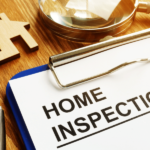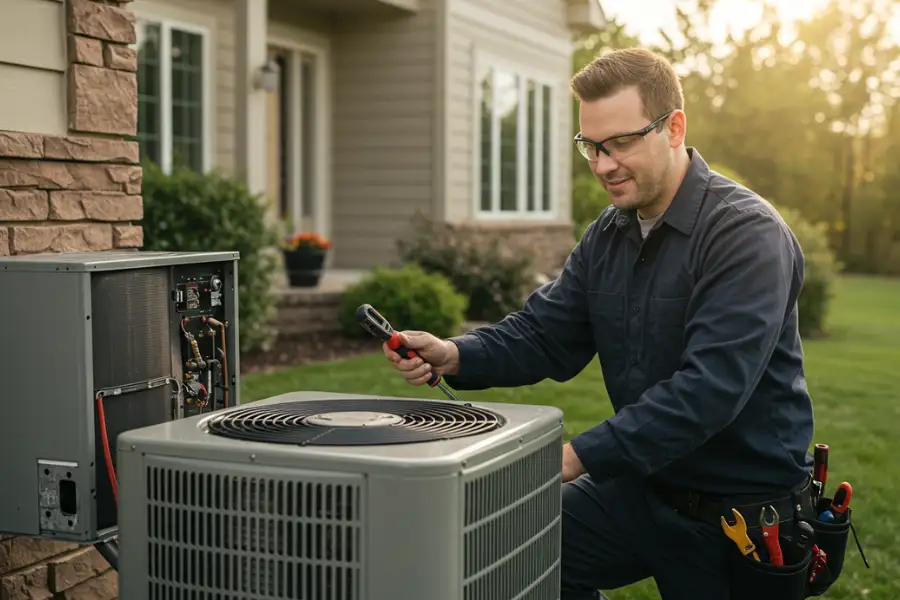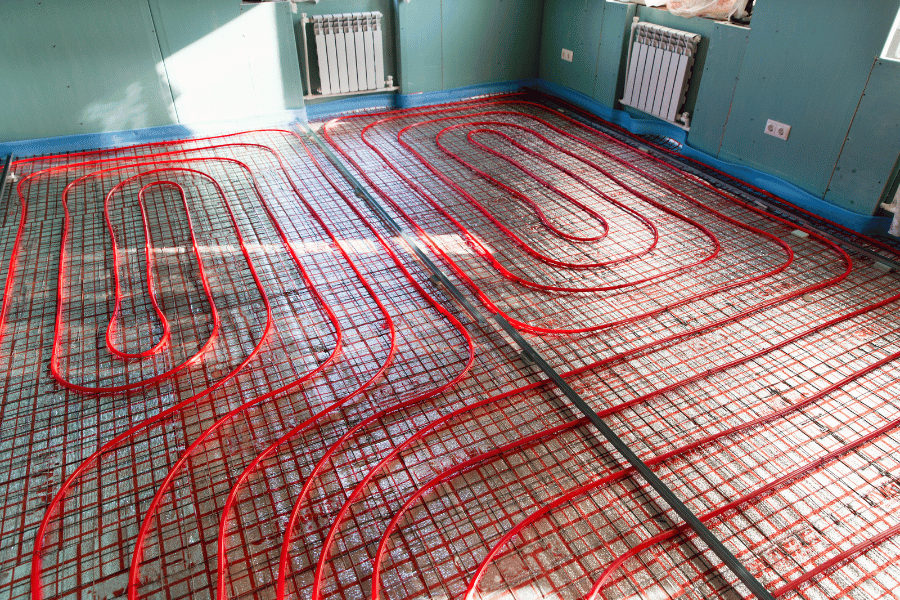
Signs Your Business Needs a Plumbing System Upgrade
August 1, 2025
The Role of Plumbing Inspections in Real Estate Transactions
October 1, 2025
Preparing Your Heating System for the Suffolk County Winter
As temperatures in Suffolk County drop, your heating system becomes the unsung hero of your home. A reliable, efficient heating system is essential for keeping your family warm and comfortable. But without proper preparation, even the best systems can falter when you need them most. This guide provides practical tips to ensure your heating system is ready for the long winter ahead, from routine maintenance to energy-saving strategies.
1. Schedule a Professional Heating System Inspection
Annual inspections are crucial for identifying and resolving issues before they become emergencies.
What a Professional Inspection Includes:
- Checking for leaks in gas or oil connections.
- Inspecting and cleaning the burner and heat exchanger.
- Testing thermostat calibration for accurate temperature control.
Pro Tip: Schedule your inspection in early fall to beat the rush and ensure your system is ready when cold weather hits.
Fun Fact: A well-maintained heating system can improve efficiency by up to 15%, saving you money on energy bills.
2. Replace Your Air Filters
Dirty filters reduce airflow, forcing your heating system to work harder and increasing energy costs.
How Often to Replace Filters:
- Every 1–3 months, depending on usage and the type of filter.
- More frequently if you have pets or allergies.
Why It Matters: Clean filters improve indoor air quality and prolong the life of your HVAC system.
3. Test Your Thermostat
Your thermostat plays a critical role in maintaining a comfortable temperature while optimizing energy usage.
Steps to Test Your Thermostat:
- Set the thermostat to a few degrees above the current room temperature.
- Ensure the heating system turns on and operates smoothly.
Pro Tip: Upgrade to a smart thermostat for greater control and energy efficiency. These devices can learn your schedule and adjust temperatures automatically.
4. Inspect and Bleed Radiators (For Boiler Systems)
If your home uses a radiator-based heating system, trapped air can reduce efficiency.
How to Bleed a Radiator:
- Turn off the heating system.
- Use a radiator key to slowly open the valve.
- Let trapped air escape until water begins to flow.
- Close the valve securely.
Why It’s Important: Removing trapped air allows hot water to circulate freely, improving heat distribution.
5. Seal Drafty Windows and Doors
Heating inefficiencies often stem from heat loss through drafty windows and doors.
Quick Fixes:
- Use weather stripping to seal gaps around windows and doors.
- Add thermal curtains for extra insulation.
Fun Fact: Drafts can increase heating costs by up to 30% during winter.
6. Check Your Chimney and Vents
For homes with fireplaces or older heating systems, ensuring a clear chimney and vent system is crucial.
What to Look For:
- Blockages from debris or animal nests.
- Cracks or loose masonry that could lead to leaks.
Pro Tip: Schedule a chimney cleaning annually to prevent carbon monoxide buildup.
7. Test Your Carbon Monoxide Detectors
A functioning carbon monoxide detector is essential for safety, especially when using gas or oil heating systems.
How to Test Detectors:
- Press the test button to ensure the alarm sounds.
- Replace batteries every six months.
Why It Matters: Heating systems can leak carbon monoxide if not maintained properly. Detectors provide an early warning to keep your family safe.
8. Inspect Your Ductwork
Leaky or poorly insulated ducts can reduce heating efficiency and increase energy bills.
Steps to Inspect Ducts:
- Look for visible gaps, cracks, or loose connections.
- Seal small leaks with duct tape or mastic sealant.
- Add insulation to ducts running through unheated spaces.
Pro Tip: Professional duct cleaning can also remove dust and allergens, improving indoor air quality.
Energy-Saving Tips for Winter Heating
- Use a Programmable Thermostat: Lower the temperature by 7–10°F at night to save up to 10% on heating costs annually.
- Reverse Ceiling Fans: Set fans to rotate clockwise to push warm air down into the room.
- Schedule Regular Maintenance: Even a 1/8-inch layer of dirt on a heating coil can reduce efficiency by 25%.
Common Myths About Heating Systems
Myth: Cranking the thermostat heats your home faster.
Truth: Most systems heat at a constant rate, regardless of the thermostat setting.Myth: Closing vents in unused rooms saves energy.
Truth: This disrupts airflow, making your system work harder and reducing efficiency.
Proper heating system preparation is key to a comfortable, worry-free winter in Suffolk County. From simple tasks like replacing filters to professional inspections, these steps can enhance efficiency, reduce energy costs, and prolong the life of your heating system.
Is your heating system ready for winter? Contact VP Plumbing & Heating today for professional maintenance and inspections in Suffolk County.
Visit our Heating System Maintenance page for more information.
To make sure your home is prepared for every season, our sister company Heaterman VP Heating & Air Conditioning offers complete HVAC services in Long Island covering heating, cooling, and emergency care.




